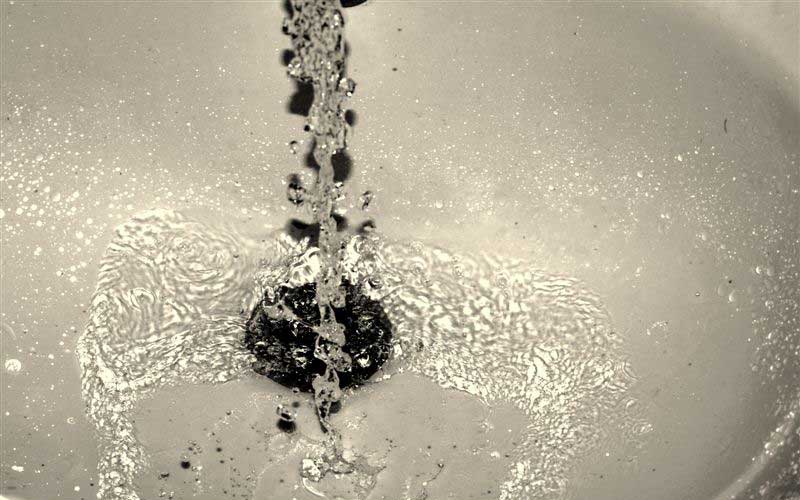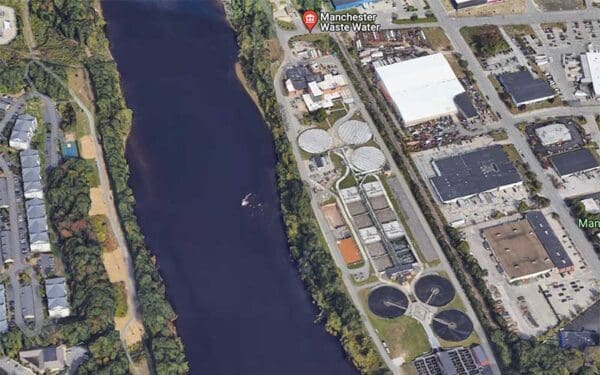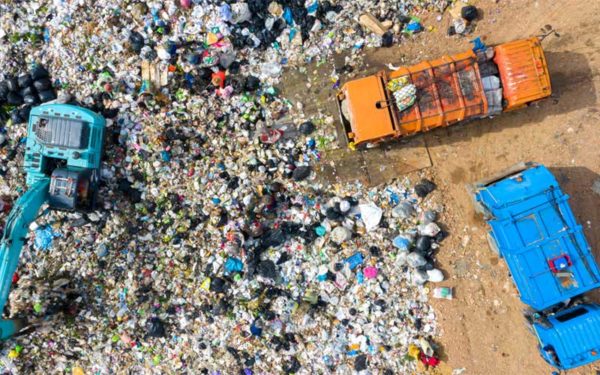
No one should have to worry about whether the water from their tap is safe. Yet a judge's order delaying testing of public water systems for toxic chemicals has left residents in the dark about their water's safety. Photo: Tarek/CC BY-ND 2.0
UPDATE September 24, 2020: The New Hampshire Legislature adopted the Department of Environmental Services’ drinking water standards as law earlier this year, prompting the New Hampshire Supreme Court to send 3M’s case back to the trial court. After the trial court judge lifted the temporary injunction on the regulations, allowing them to go into effect. 3M and its co-plaintiffs then voluntarily abandoned their suit. It remains to be seen whether 3M will challenge the standards recently adopted by the legislature. We will remain vigilant in defending these critical regulations.
Every New Hampshire resident should be able to turn on their taps without wondering if the water is safe to drink. Yet a judge’s order to postpone testing of public water systems for dangerous chemicals is leaving residents in the dark about how best to keep themselves and their families safe.
Toxic PFAS chemicals have already been found in groundwater and drinking water across the state. These chemicals – used on military bases like the former Pease Air Force Base, by some manufacturers in New Hampshire, and in a wide variety of household items – are associated with severe health risks like cancer and birth defects.
To protect New Hampshire residents, the State issued rigorous drinking water standards for the four most common PFAS chemicals last year. As a first step, the standards require public water systems to test drinking water for the presence of these chemicals. In a move that jeopardizes the health of people in New Hampshire, chemical giant 3M has successfully delayed the implementation of these critically important rules.
3M was the first company to create and sell two of the most common types of PFAS chemicals. Internal company documents show that 3M knew about the health hazards of these toxic chemicals decades ago but put them into the market – and into our bodies and the environment – anyway. In suing the State of New Hampshire, 3M has predictably followed the corporate polluter playbook: stop any action that might reveal the full extent of its blame for its products’ environmental and health impacts.
Last November, a Superior Court judge granted 3M’s request to stop the rules from going into effect while the litigation played out. But that decision failed to consider the harm that will result, especially to New Hampshire’s most vulnerable residents: children and the elderly.
The State of New Hampshire appealed to the state Supreme Court to overturn the ruling so it could begin testing water sooner rather than later. CLF, which has been advocating for strict regulations on PFAS chemicals in every New England state, is supporting the State in its appeal alongside our partners at NRDC.
We are urging the Supreme Court to allow testing to move forward without delay.
Without Testing, People Are in the Dark about Their Water’s Safety
PFAS chemicals persist in our environment for decades and can build up in the human body over time. That means they pose a health threat long after they have been disposed of (which is why they are often called “forever” chemicals). Drinking water, if contaminated but left untreated, is a particularly significant source of exposure, and infants, children, and older adults are especially at risk.
The rules established last year by New Hampshire’s Department of Environmental Services set rigorous standards (or “Maximum Contaminant Levels”) on the level of PFAS considered safe in drinking water. They also require public water systems across the state – which collectively serve more than 800,000 people – to conduct routine tests for the four most common PFAS. The test results must be shared publicly. If, after a year of testing, results consistently show excess levels of contamination, steps must be taken to make the water safe.
If not for the judge’s order, testing would have started in the last quarter of 2019. Instead, hundreds of thousands of people served by public drinking water systems will remain in the dark about the safety of their water.
Up to Half of New Hampshire’s Public Water Systems Could Be Contaminated
We already know that New Hampshire’s drinking water is at risk. Preliminary testing of just 400 of the state’s thousands of public water systems found all four of the regulated PFAS chemicals in multiple sources. The Department of Environmental Services estimates that about half of the state’s public water systems are contaminated with PFOA, one of the four chemicals. A second variety, PFOS, is likely present in a fifth of all systems. Yet, without further testing, no one knows how many water systems are tainted, or which ones.
Because infants and children drink more water relative to their body weight than adults, their risk is more acute. Children and older adults also tend to spend more time at home, making them more dependent on residential drinking water sources than other age groups. And, while no one could have anticipated the global COVID-19 pandemic, which has forced so many to work and learn from home, more people currently rely on residential systems as their sole source of water than ever before.
Public Interest First: We Need to Start Testing Now
In halting the testing, the judge looked only at the possibility of short-term financial harm to the plaintiffs – which, in addition to 3M, include a single water-and-sewer district and a farmer. However, the judge failed to consider the harm to the 800,000 people whose water will now go untested. More than 200,000 of those residents fall into the age groups that the State recognizes as especially vulnerable to PFAS in drinking water.
In fact, the judge’s ruling does not even address this substantial public health risk, let alone claim that it is outweighed by the minimal short-term costs to the plaintiffs. Had the court considered the public interest as required by law, we believe it would never have granted the plaintiff’s request to postpone testing.
Ultimately, the longer the delay, the longer it will take to ensure the safety of drinking water – and to treat contaminated systems.
At a time when the COVID-19 pandemic has put public health, economic, and social support systems under unprecedented stress, New Hampshire residents should not also have to worry about whether they can safely drink the water from their taps. Yet, that is precisely where the judge’s order has left them: deprived of critical information that can help safeguard their health and that of their families.
The New Hampshire Supreme Court is in the early stages of this landmark case and has not yet scheduled arguments. Be sure to sign up for emails from CLF so we can keep you up to date as this critical fight moves forward.



